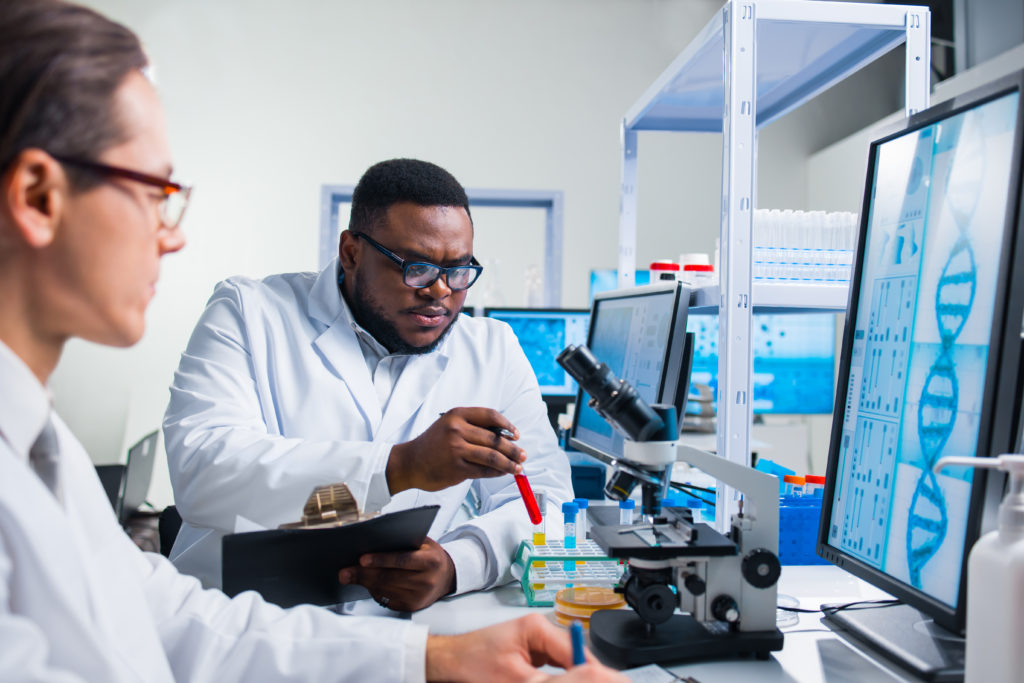Quick Hits
Daily brief research updates from the cognitive sciences

We all know that just about anything in the world is produced by teams. This has never been more true than in scientific disciplines with team dependencies increasing over the years as research topics have become more complex and collaboration in teams is essential (ditch that sole scientific genius stereotype, please).
There has been a lot of work on team collaboration, but one interesting aspect is of freshness of teams. In this context fresh doesn’t mean well slept and recovered – though that would be important also. Here freshness refers to how long teams or the members have worked together and how many members are new or fresh. This has not been researched previously.
Enter Zeng et al. from Bar-Ilann University. They systematically measured the originality and multi-disciplinary impact of scientific teams and their published papers. They then systematically measured the team freshness by measuring how often and how long team members had previously collaborated together.
What they found is that fresher teams created studies with higher originality and greater multidisciplinary impact. This effect was larger in larger teams. This therefore suggest that getting new team members is important for scientific teams – this seems to beat just new collaboration opportunities. What was also surprising, maybe, is that younger teams, those with less experience, increased the originality and diversity impact.
This may go against standard thinking whereby experienced scientists might be considered more beneficial. Likely there is a good balance. But these results show that freshness either in terms of experience and in teams is important for quality of output!
I imagine this could transfer to many teams in business also. Let’s hope that research will come along soon. But for now, if you have a team you might want to consider its freshness if you want original and impactful ideas.

Andy Habermacher
Andy is author of leading brains Review, Neuroleadership, and multiple other books. He has been intensively involved in writing and research into neuroleadership and is considered one of Europe’s leading experts. He is also a well-known public speaker, speaking on the brain and human behaviour.
Andy is also a masters athlete (middle distance running) and competes regularly at international competitions (and holds a few national records in his age category).
Reference
An Zeng, Ying Fan, Zengru Di, Yougui Wang, Shlomo Havlin.
Fresh teams are associated with original and multidisciplinary research.
Nature Human Behaviour, 2021
DOI: 10.1038/s41562-021-01084-x
More Quick Hits
Behaviour at eight helps predict midlife health behaviours
A long-term study in Finland has tracked children from the age of eight until the age of 50 and a new analysis of the data, just published, has looked at some of the correlations between socioemotional behaviour in childhood and later life achievement and health...
Psychedelics and consciousness
Psychedelics change our conscious experience of the world – that is part of their attraction. Now a new study out of John Hopkins Medicine has analysed data on attributions of consciousness to other animals and innate objects by those using psychedelics and how this...
Lower smartphone usage increases wellbeing
So much has been said about smartphone usage in modern times. This ranges from some who say that they are destroying our brain to others who see they benefit our cognition by outsourcing cognitive heavy tasks like remembering lists of phone numbers – thereby freeing...
Modesty preferred for cooperative teams
In an age where it appears that many people are vying for self-esteem especially through social media, this research is interesting. Particularly in business contexts where cooperation is king. Research has previously shown that appearing to be wealthy increases...
Poverty shrinks babies’ brains
Quick HitsDaily brief research updates from the cognitive sciences couple of studies have just been released which look at the brains of newborns and young babies. The results are worrying for any society. Brain scans of newborn babies from...
Babies born with five from seven functional brain networks
In the 1950s the blank slate theory was the most prominent theory ascribed to babies. They are born blank slates and then their experiences allow them to develop their networks thoughts, associations, etc., and just about everything else. Though this theory is long...






